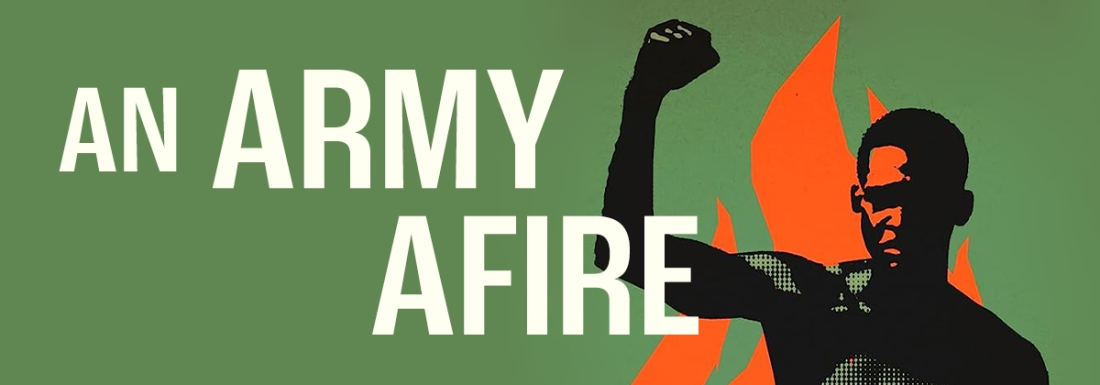Amid the United States’ protracted involvement in Vietnam, its military confronted racial justice demands more directly than perhaps any other institution in the country. Senior leaders recognized that racial conflict between troops compromised the stability of the ranks and subsequently their ability to defend the nation.
In a discussion of her new book, An Army Afire: How the US Army Confronted Its Racial Crisis in the Vietnam Era, University of Kansas history professor Beth Bailey looks back on that reckoning and its impact. She’ll give a presentation followed by a conversation with the Library’s Anne Kniggendorf and talk about her research, the challenges and roadblocks the Army faced in managing racially integrated units, and how the Army’s approach to addressing “the problem of race” was eventually woven into its long-term institutional practice and widely adopted in the civilian world.
Bailey is the director of KU’s Center for Military, War, and Society Studies and the author of numerous books and articles based on feminist studies research and her scholarship on the armed forces. The two might seem like disparate interests, but she writes: “I ask questions about the nature and impact of social, cultural, and institutional authority; about who ‘belongs’ in the United States and on what terms; and about how, exactly, social change occurs.”
